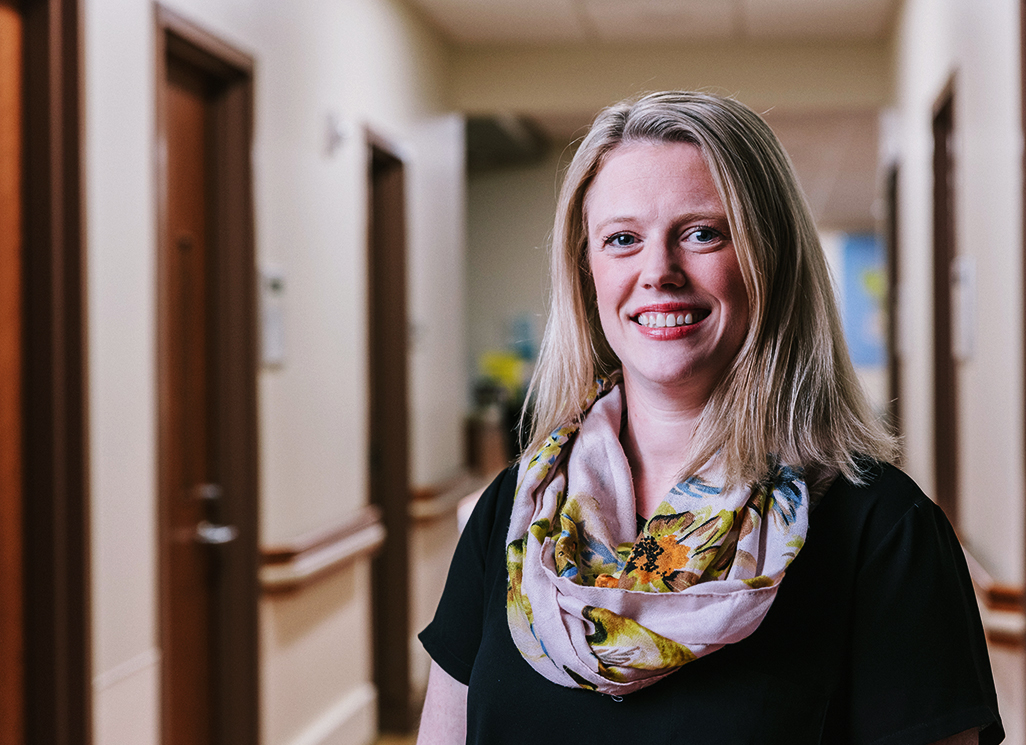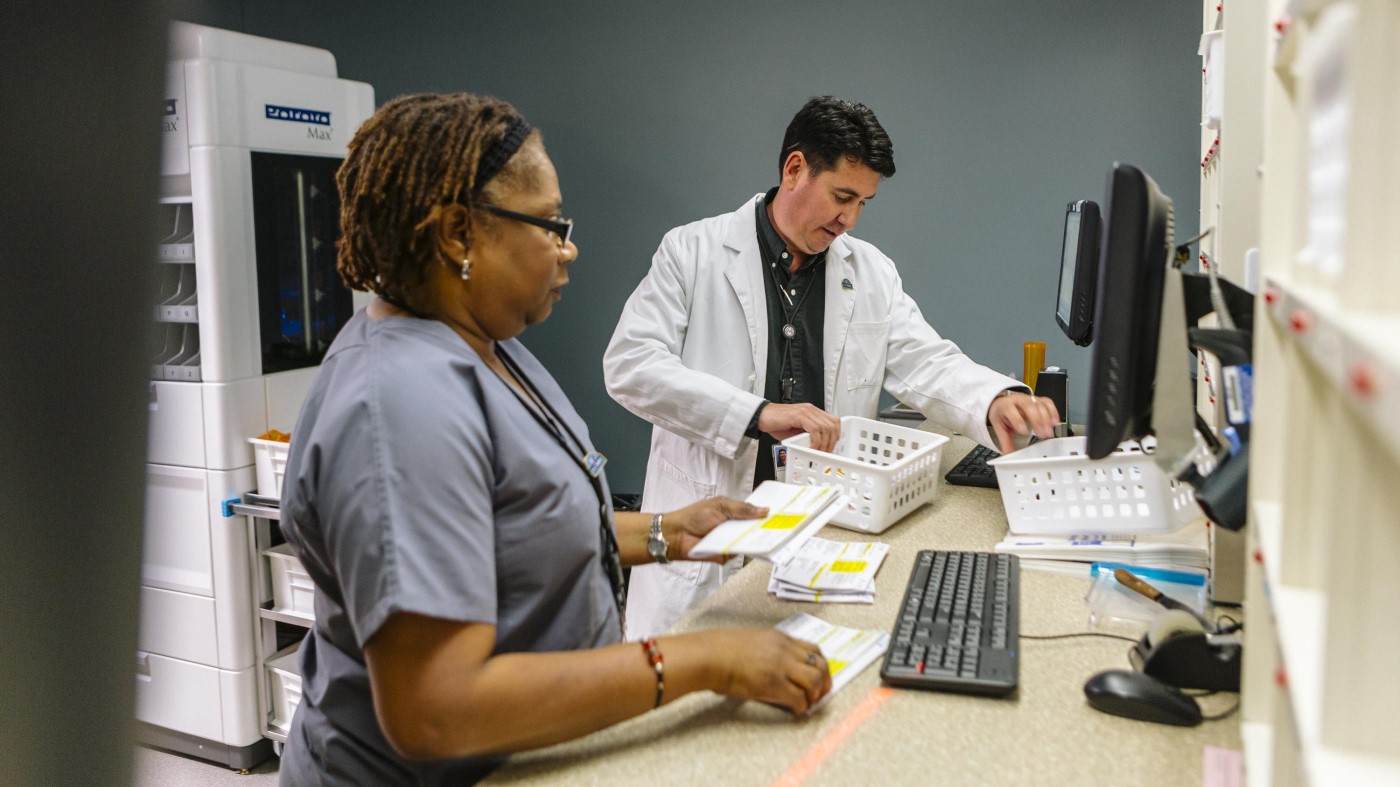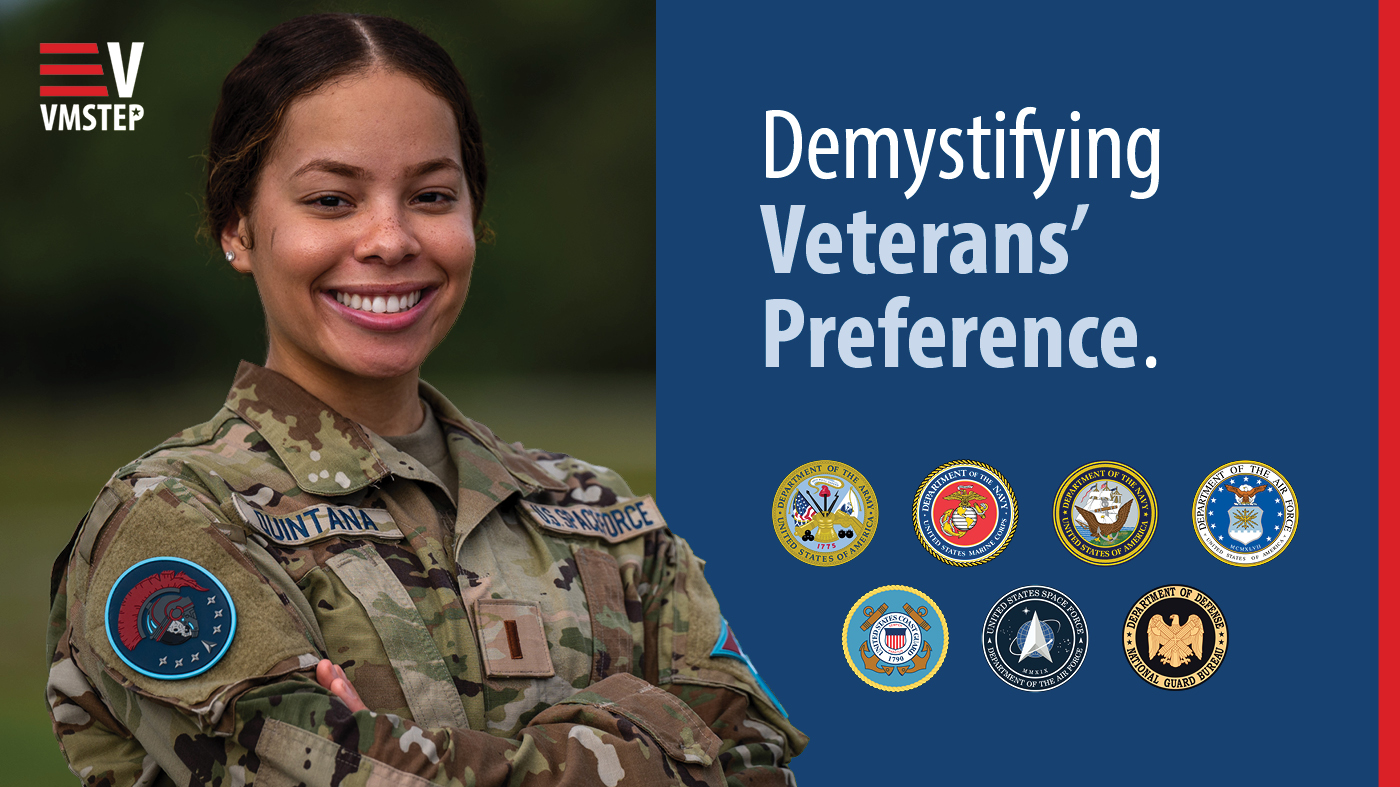The rewards of building a career in psychology extend in all directions, personal, professional and financial.
The need for competent and caring psychologists is growing, with the U.S. Department of Labor predicting that, through 2026, demand will rise 14 percent. That figure exceeds the average growth for all occupations, according to the department. Behind much of increase will be hospitals, schools and mental health clinics, and their expanding need for mental health services. Particularly in specialty areas such as counseling or health psychology, those with doctoral degrees should expect a very promising job market.
At VA, psychologists play a huge role in making sure Veterans get the full range of services they need. The scars that combat Veterans wear are not always physical, and the care of a committed and compassionate psychologist can make all the difference. Throughout the country, at different levels and in a variety of clinical settings, VA psychologists touch lives every day. Telemedicine, including Telemental Health, is helping us reach Veterans in even more locations. There are few jobs as rewarding as helping a United States Veteran build a better life through quality mental health care.
The path to becoming a psychologist can be challenging, but it’s also entirely doable and extremely satisfying. A doctoral degree is required for most clinical, counseling and research positions. Psychologists working in educational or industrial settings may be able to maintain their positions with a master’s degree, but a Ph.D. will be much more widely welcomed. Clinical practice requires licensure in addition to education. In 2017, the median pay for a psychologist was $77,000 a year. Most psychologist roles at VA require both a license and a Ph.D.
VA currently has numerous opportunities for psychologists, and we expect to maintain that need for some time to come. We also have opportunities for psychiatrists, psychiatric nurses, social workers and many other fields. Explore our opportunities for mental health professionals and more today.
Topics in this story
More Stories
In addition to supporting women Veterans, gynecologists can flip the script and find a better life/work balance at VA.
Working at the top of your license, and taking charge of the care you provide, is just one of the ways VA is unique for pharmacists.
Veterans preference offers a competitive edge in federal hiring. Discover how it works and how VA supports Veterans' career goals through VMSTEP.







What you would find if you were to 1) Get a doctorate degree and 2) obtain licensure, is a VA that doesn’t want Veterans in any position except clerk or janitor. At every step, the non-Veterans ensure you won’t get in. They give Veterans the cold shoulder for practicum opportunities, choose a non Veteran in interviews, and if you were to actually make it, brutalize Veterans who were hired. It’s interesting a non Veteran peer get promoted because the Veterans just didn’t apply for the position. The position was only open for two hours …
It is difficult to believe that the VA is hiring psychologists. I submitted a 171 form in 2003 to the Manchester, NH VA office stating that I was willing to work full- or part-time as a psychologist. I think I hear my application hitting the trash can before the door closes. I mentioned that I was a veteran who attended college as a disabled veteran and was a licensed clinical psychologist in Arizona (where I had a private practice while a professor at Western New Mexico University). Now I’m a volunteer at the Manchester VA for outreach and my-healthy-vet programs.
Laurence Armand French Ph.D.s
frogwnmu@yahoo.com
I would love to pursue a career in psychology.
Does the VA have resources to help figure out how to make the career “doable”?
I see that Ph.D.s are more widely accepted than Psy.D.s at the VA. What is the logic behind this? Is the market for Psy.D.s as promising as it is for Ph.D.s?